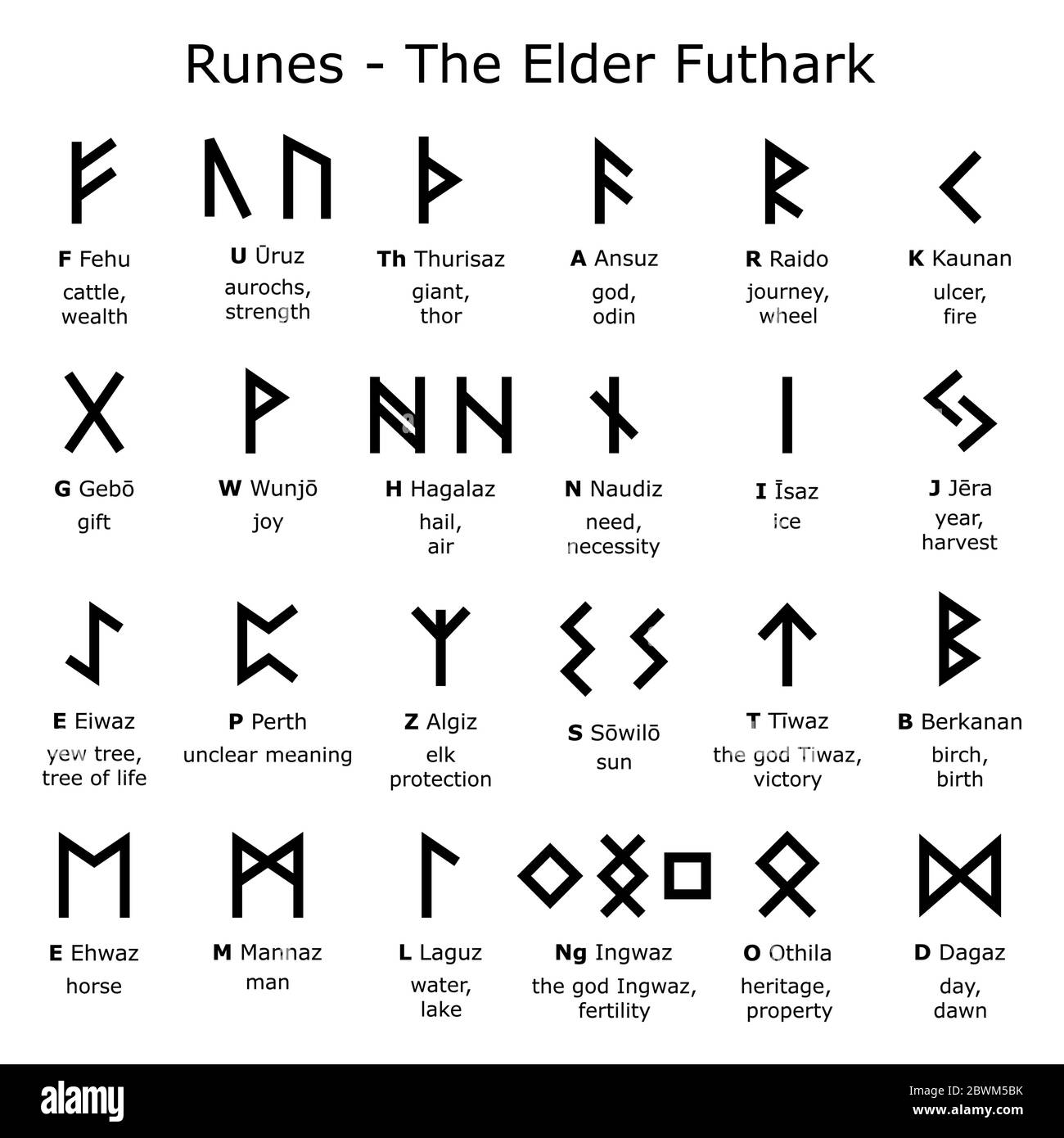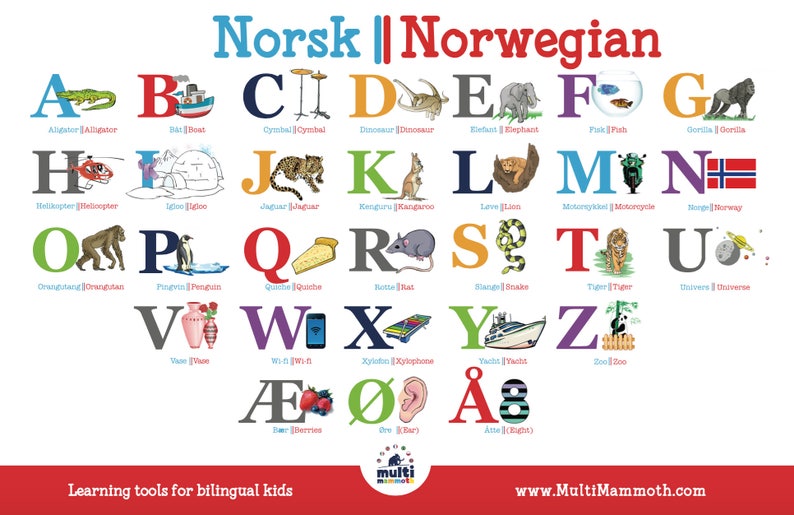
Nonetheless, there are other aspects of the Old and Middle English lexicons that, at least to some extent, may support our claim. These items in Middle English, Norse, and Old English are almost all obvious cognates, and therefore irrelevant for deciding between the above scenarios. Norse underwent essentially no grammatical changes other than those initiated on the Mainland, incorporated somewhat more Old English vocabulary, and became Middle English.Ĭlaims about genealogical linguistic relationships can be based on only the most primitive parts of the lexicon (small numbers, kinship terms, basic physical items). Our alternative scenario: Middle English developed from Norse. Old English underwent many fundamental grammatical changes, incorporated much Norse vocabulary, and became Middle English. The traditional scenario: Middle English developed from Old English. In light of the syntactic arguments we present, there are only two plausible ways to describe what happened during the two centuries after the Norman Conquest: All sources agree that Middle English has great numbers of both Old English and Norse words (in addition, Old English and Norse had a high percentage of mutually comprehensible cognates). The change from two languages to one in the 12th and 13th centuries is not simply the merging of two highly similar systems. The two distinct linguistic communities of the time before 1066 ended up speaking a single language by, say, 1300, i.e., what is today called Middle English. The miserable circumstances gave rise to a complete fusion of two previously separate populations, speakers of Old English and speakers of Norse. As a result of this, both the English and Scandinavians were thoroughly dispossessed. William the Conqueror and his French-speaking Norman armies overran and completely subdued all of England in 1066 and the decades following. 1 Since this language, over time, acquired a large component of words from Old English, we may use the synonym “Anglicized Norse” for the early Middle English of the East Midlands spoken and written in the 12th and 13th centuries. We refer to this earlier language as Norse. We claim that Middle and Modern English are instead direct descendants of the language spoken by Scandinavians who had relocated to England over more than two centuries prior to the Norman Conquest.

Old English is the language of mainly West Saxon texts, of which the last exemplars are widely taken to be the earlier Peterborough Chronicles through 1121 (Freeborn, 1998: 82).

(Uncontroversially, Old English, just like Dutch and German, is West Germanic.) That is, Middle English did not develop from Old English. In the book, we show that both synchronically and historically, Middle (and Modern) English is unmistakably North Germanic and not West Germanic.

In our context it is significant that the syntax of Middle and Modern English is much more Scandinavian in nature than it is French, despite the strong and long-lasting Norman influence on the English lexicon. Syntactic continuity and stability through history is therefore a clear indication of a genealogical linguistic relationship.

What must instead determine the conclusions is the grammatical system, specifically the syntactic constructions.Īs elements from other domains of language, syntax may of course also be borrowed under certain circumstances, but it happens to a much lesser extent than is the case with vocabulary. The lexicon alone cannot be used to decide these questions. The texts in this dialect have a recognizable syntax that separates them from a different and also identifiable Middle English system, broadly termed ‘southern.’ In our book English: The Language of the Vikings (Emonds and Faarlund, 2014), we try to determine the synchronic nature and historic source of this East Midlands version of Middle English, which then also reveals the source of Modern English. All available evidence thus indicates that the ancestor of today’s Standard English is the Middle English of what before the Norman Conquest (1066) was called the Danelaw. The forerunner of Modern English is the 14th-century Middle English dialect spoken in Britain’s East Midlands (Baugh and Cable, 2002: 192–193 Pyles, 1971: 155–158).


 0 kommentar(er)
0 kommentar(er)
